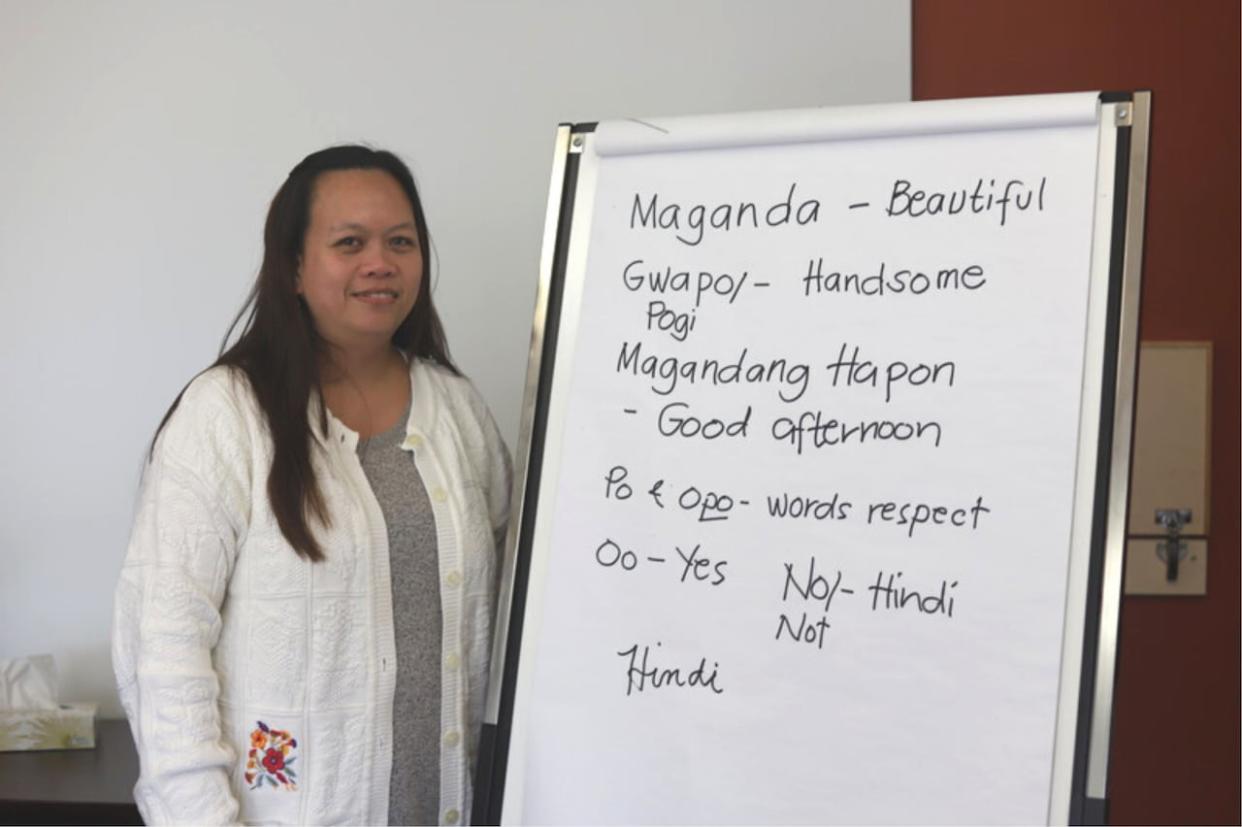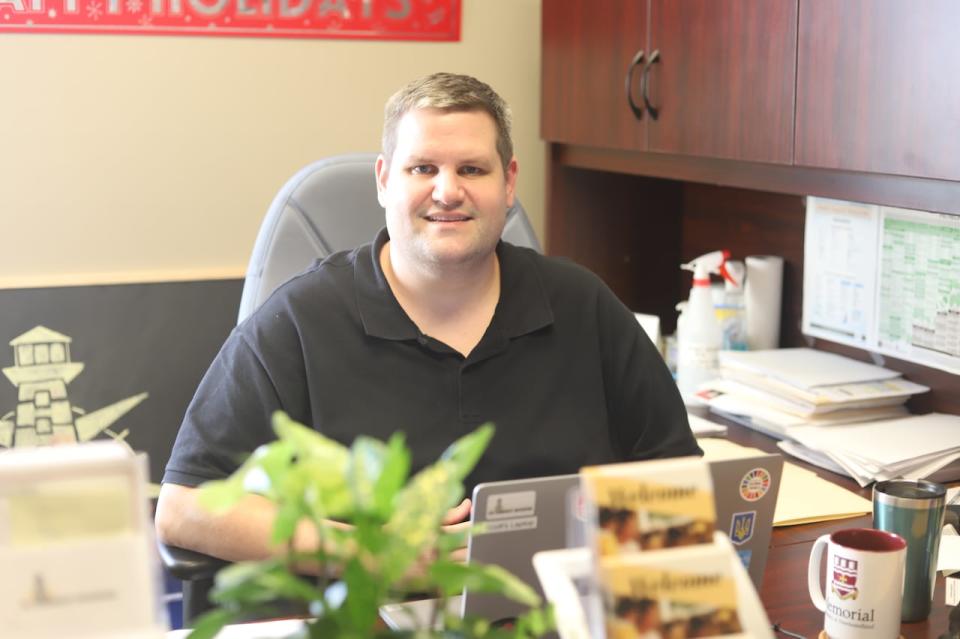'Friendly' Filipinos making it easier to say hi on P.E.I.

When Julie Mabana moved to western P.E.I. in 2017, the Filipino community was just beginning to grow.
Now it makes up about 10 per cent of the population in West Prince, according to the region's community navigator.
Like Mabana, many work in the fish plants in the area, and support the local businesses. They are happy to call Tignish, Alberton and the surrounding communities their home.
While Filipinos have been welcomed into the community, Mabana senses that sometimes Islanders may be unsure how to start a conversation with them.
"When you see through their eyes and then they are like waiting for something — and it is hi," she said.
Mabana said Islanders will often ask about the Filipino language, Tagalog. She is always happy to oblige and share common phrases, such as greetings.
"We Filipinos like being friendly," Mabana said, noting that they like to ask people to join them when they are eating in restaurants. "That's how we used to do it in the Philippines."

Scott Smith, the community navigator for western P.E.I., says greeting people in their own language helps make them feel welcome. (Victoria Walton/CBC)
Beginning Monday, those informal lessons are going one step further. Mabana will be among the instructors teaching Tagalog classes at the Alberton Elementary School. They begin at 7:30 p.m., and cost $20 for 10 weeks.
Scott Smith, the community navigator for western P.E.I., is helping to facilitate the course. He's hoping Islanders will greet their Filipino neighbours with magandang hapon, which means good afternoon in Tagalog.
"There's really no better way to welcome someone than to say welcome to them in their own language," he said.
"And you see them in the community and the grocery store or at the hospital or the community centre and you can go up to someone and say hi or how are you in the other language, like, what a way to feel welcomed, right?"
Mabana said she's looking forward to the first class.
"It makes me feel excited because I will be sharing some knowledge to them and happy as well because they are welcoming or embracing our culture and the way we are, which we are thankful for."

